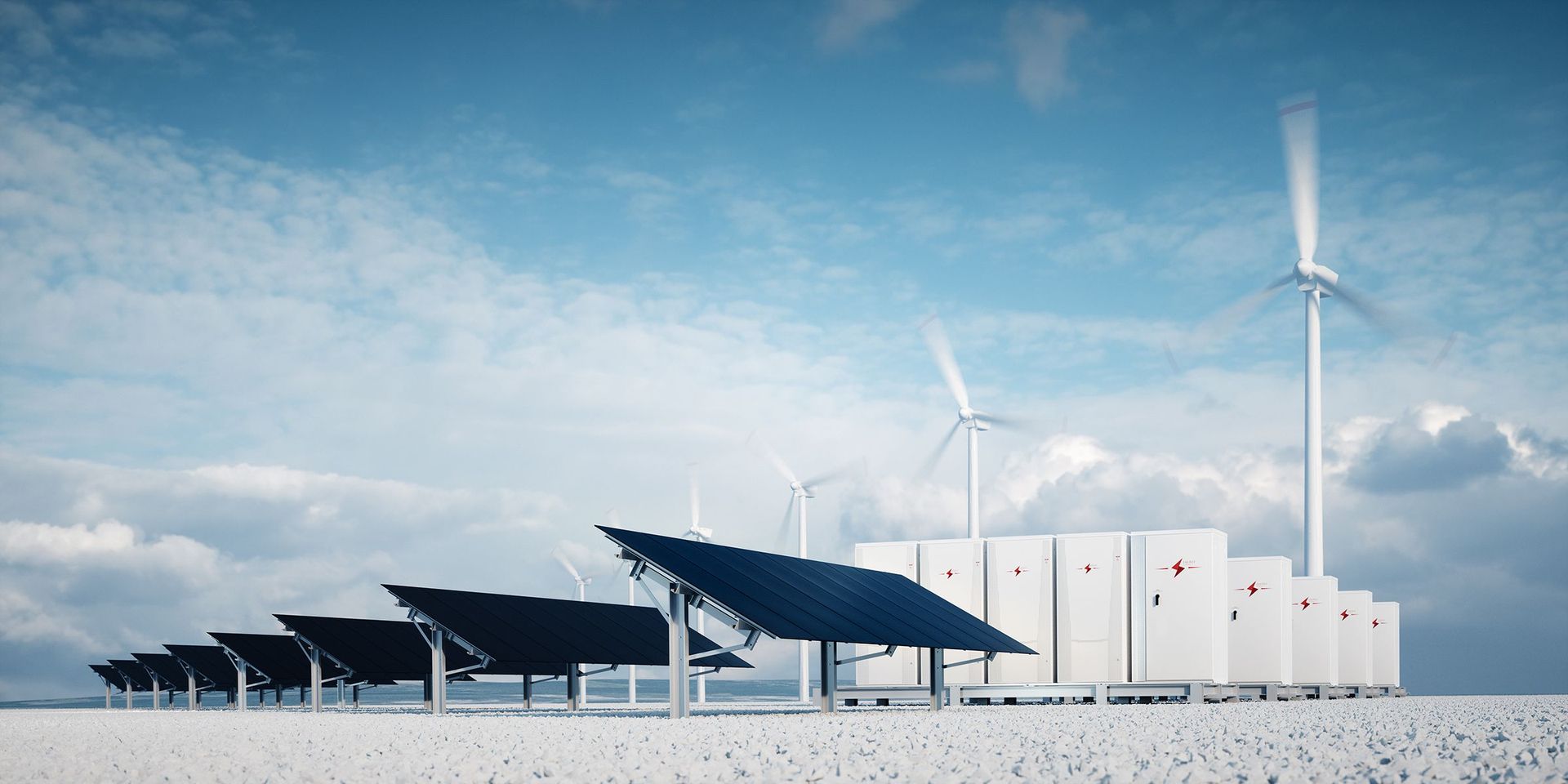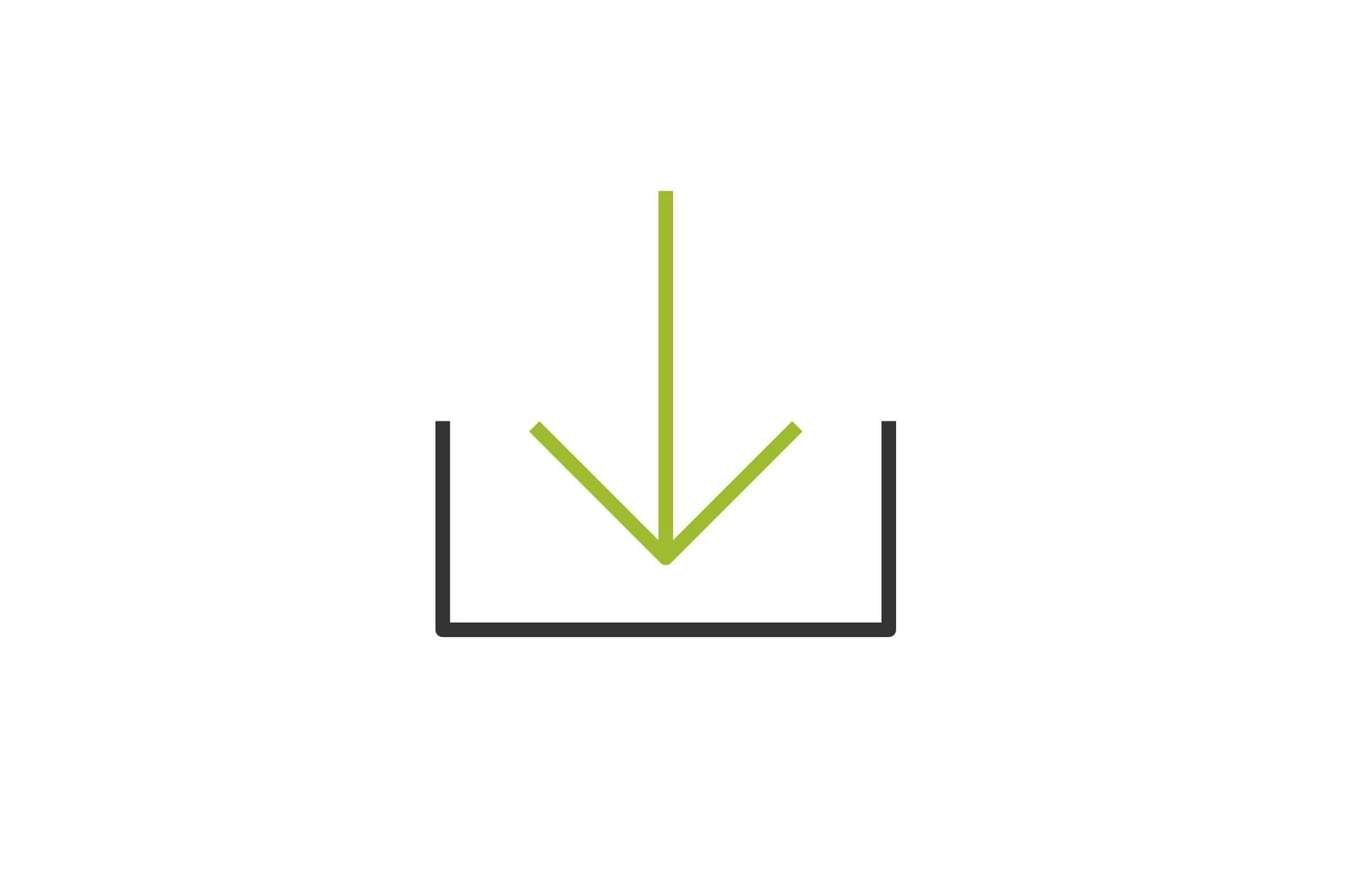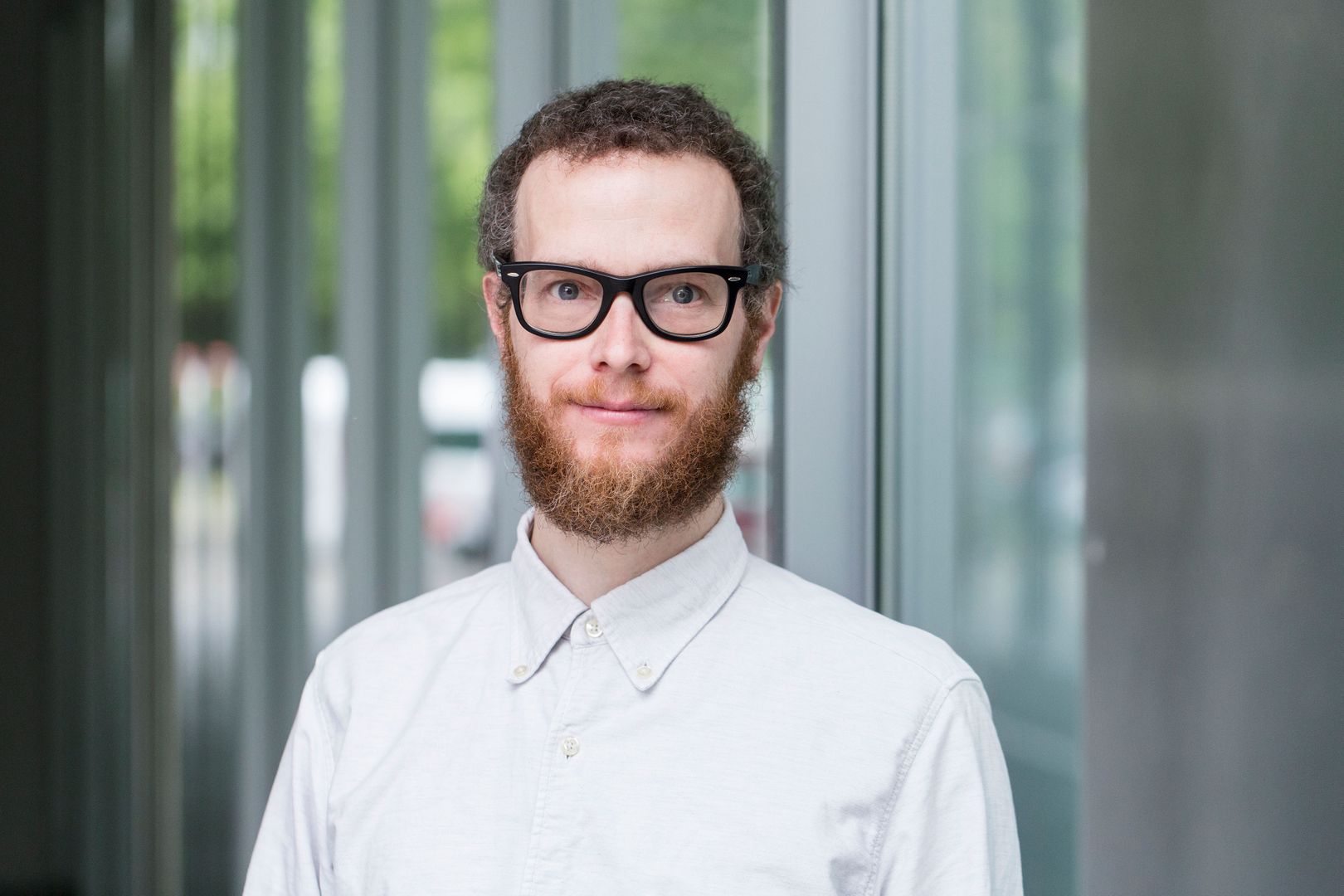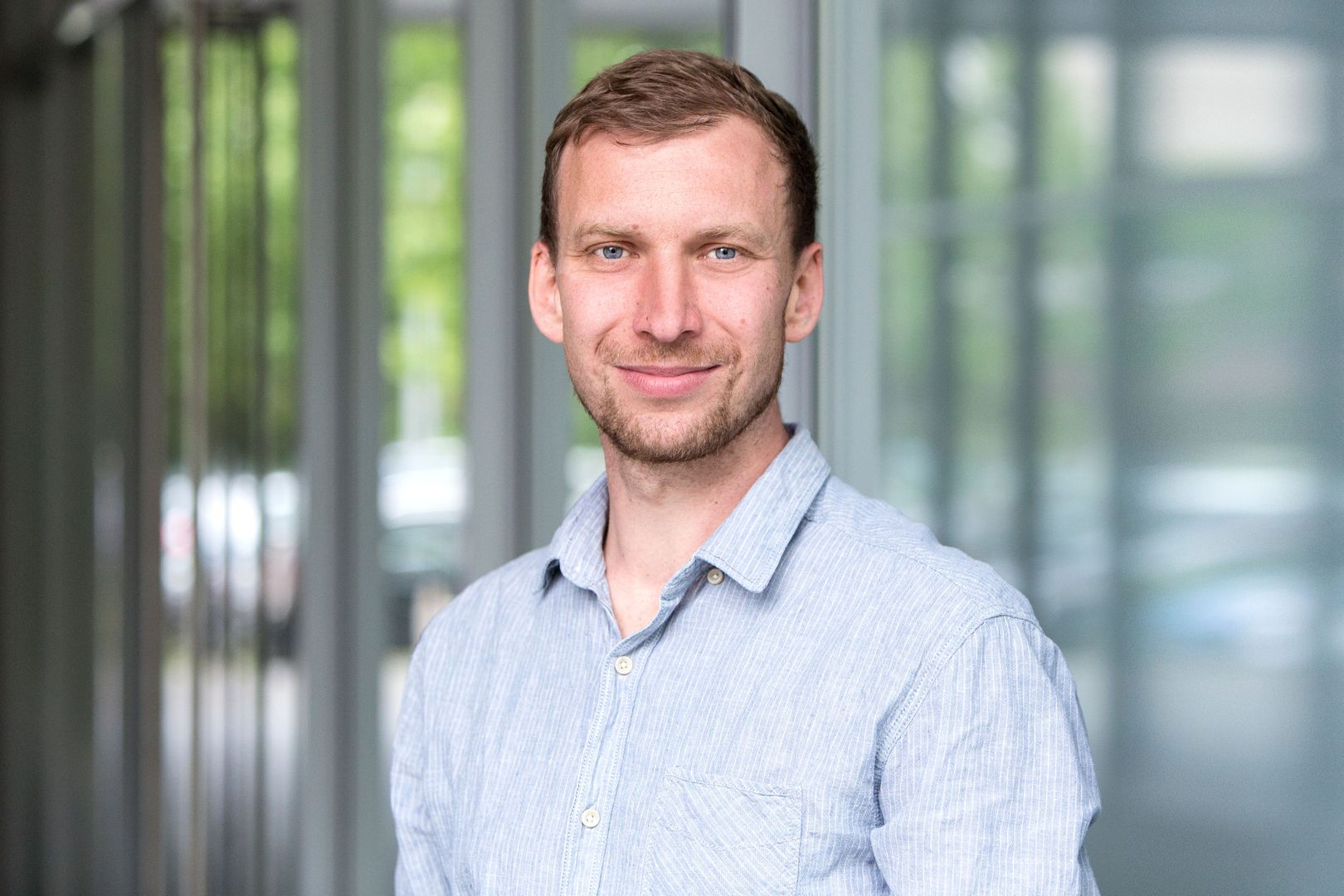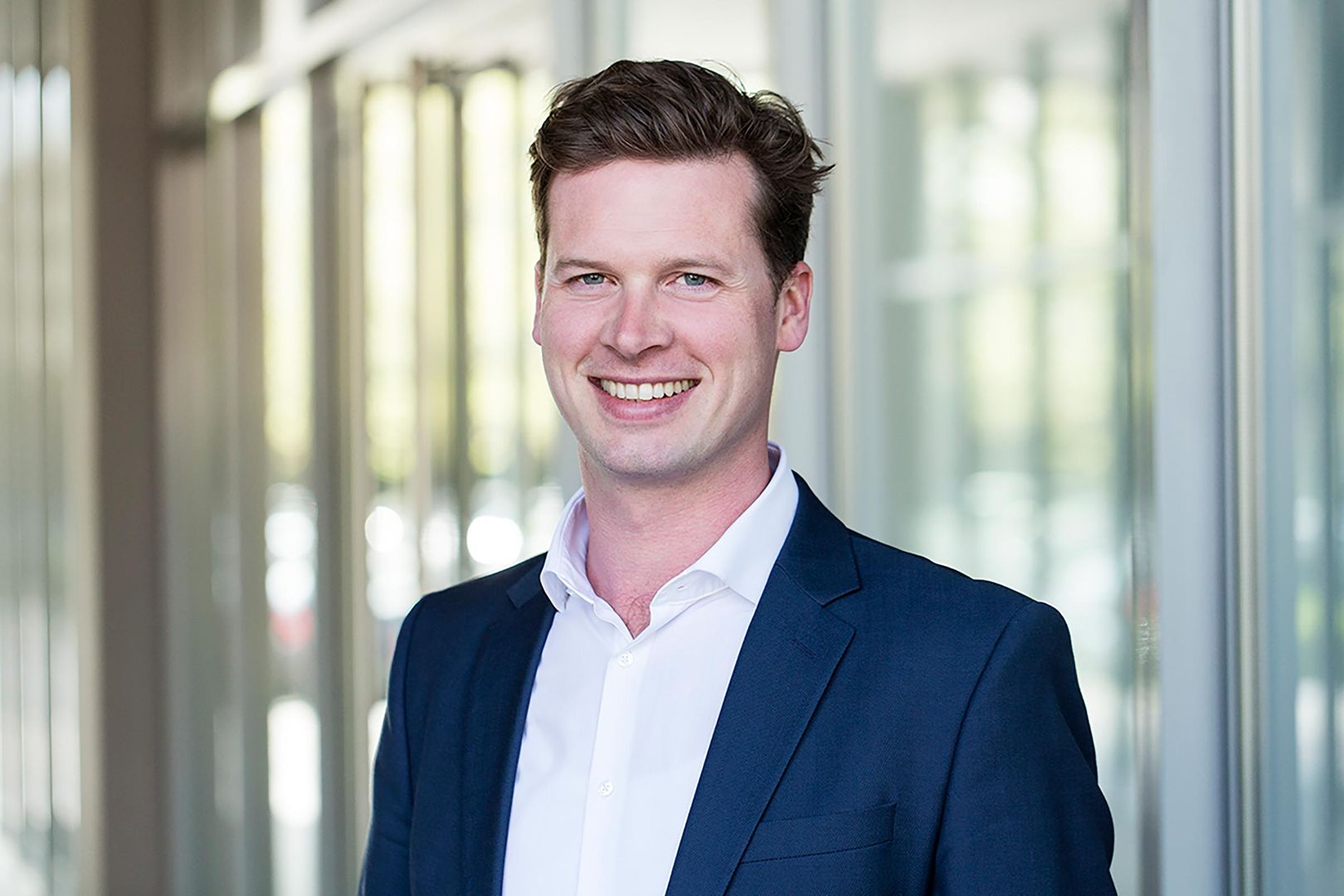Afraid of the dark
In the German language, there is a word that refers to the fear of having inadequate sunshine or wind to maintain a viable supply of renewable energy: dunkelflaute. The dramatic connotation of the word may be lost a bit in translation, but essentially, dunkelflaute means “a dark lull”.
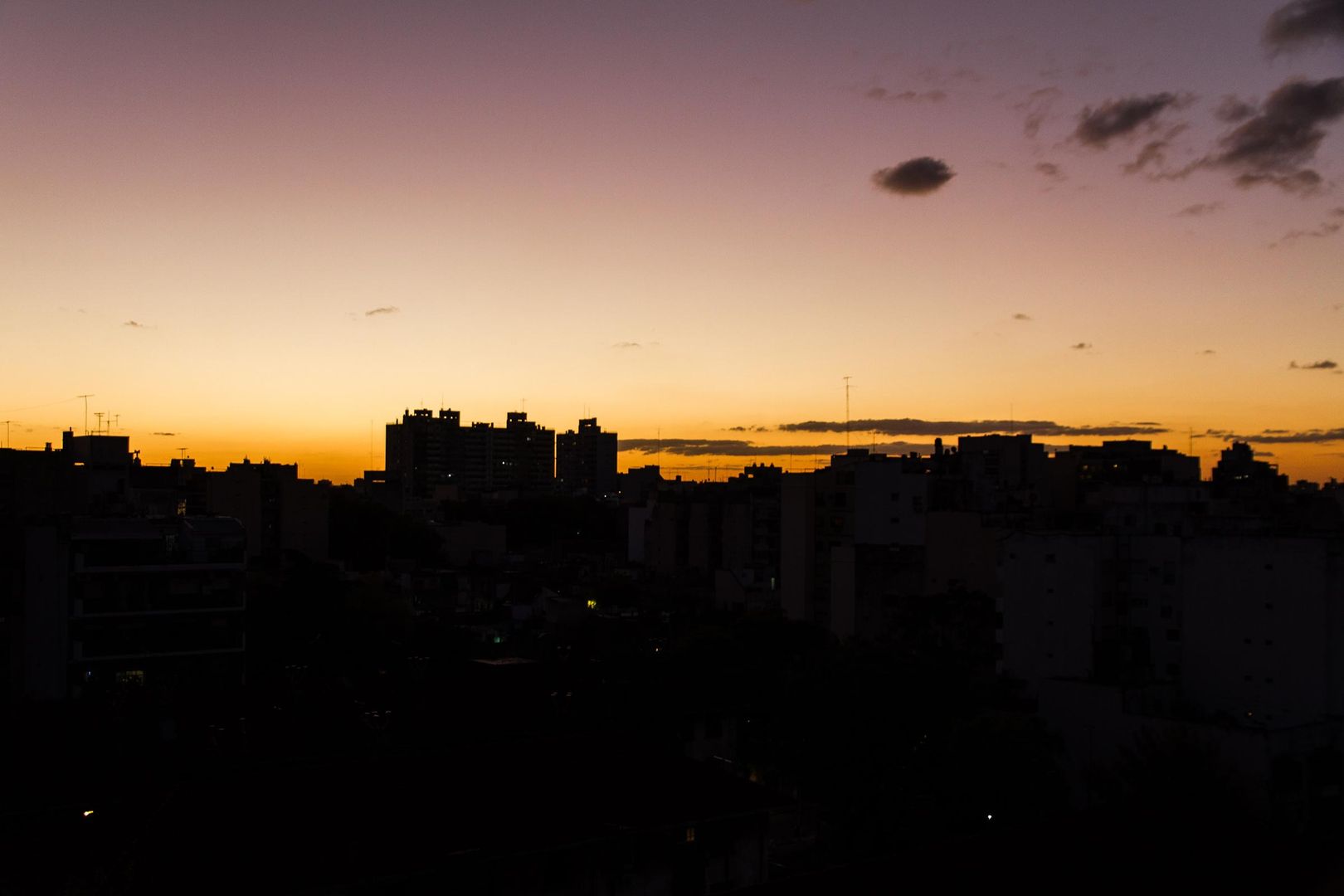
This “phenomenon” would be relatively easy to counteract nowadays, despite popular myths to the contrary that persist. Even if these have been disproven, discussion on the topic does not subside, revealing a lack of courage to find a new way of organizing our energy supply system. For the most part, this stems from the fact that no one really knows what the energy market will look like 50 years from now and which technologies will become the most important. We see this as a good opportunity to review some basic facts and sketch out potential ways forward.
Despite nightmare scenarios that suggest otherwise, the energy transition is actually right on track. Since 2003, renewable energy power production has increased: as of last year, renewables accounted for a 38 percent share of the Germany energy mix. Furthermore, the cost of providing power through renewable energies is sinking at an accelerated rate, while local blackouts are at an all-time low (large-scale regional blackouts are unheard of in Germany). Additionally, the renewables industry sector provides jobs for hundreds of thousands of people. Conventional power plant operators seem to increasingly feel the need to rekindle debates on the subject despite a lack of relevant arguments.
The climate summit in Paris marked the end of the big ideological battles, and the sinking costs for PV, wind power, and batteries mean that renewables are also winning the big economic battles. Now, however, a technocratic battle drives the discussion: How do we supply the needed gigawatts at a low price in the event solar and wind do not produce any power? All of a sudden, there is a new monster under the bed: the dunkelflaute, a creature invoked more often than not by conventional power plant operators.
Things are a lot less scary if we take a closer look at the risks stemming from certain weather conditions. We believe the market already contains the proper means of solving dunkelflaute issues. Our argument seems to have the backing of the German Federal Ministry for Economic Affairs and Energy, which has stated it supports an energy-only market. This means that the market will decide which technology should take over in the event that weather conditions lead to a production shortfall. The technology with the lowest marginal costs is most likely the one that will end up covering power production. More to the point, however, is the definition of “a long time” when it comes to periods without wind or solar power production.
For reacting to feed-in deviations, there are essentially three different time windows:
- A short period of up to 60 minutes, in which steep transients of the volatile renewables need to be levelled out to maintain grid frequency stability.
- A medium period, lasting from a few hours to several several days, where the lack of power supply is high enough that it can lead to a high residual load (a need for power that cannot be covered by renewable energies).
- The third and longest time window covers a period of up to two weeks. This is caused by unfavorable weather conditions that continue for more than several days and cause a high residual load. This occurs infrequently; once every several years.
Today, technology and the market itself have largely solved the first two scenarios. And while there is no solution for the third scenario yet, we’ll explain why it isn’t as problematic as it sounds.
As a VPP operator and power trader, we witness feed-in power deviations from wind and photovoltaic every day. An example situation might see power production at a solar park jump by 74 percent, while feed-in at a wind park suddenly drops by 80 percent, only to return to normal production minutes later. There are many similar combinations, but before fear sets in too deep: when was the last time there was a blackout at your home in Germany? With all likelihood, such an event is a few years hence: grid operators and market participants successfully manage to keep blackouts at bay several times every day – with and without the help of conventional power plants. Instances where no help at all is needed from conventional power plants are increasing, because the short-term flexibility needed to balance out these large transients can be provided by control reserve measures. These, in turn, are being offered by a growing number of renewable energy aggregators: With digitalization, VPPs are able to harness new sources of flexibility from bio-energy and hydro power, CHP plants, networking of emergency gensets, or in utilizing demand response applications from C&I consumers. Aggregated in a VPP, these technologies help level out the transients caused by solar and wind power production. Furthermore, large-scale batteries also help reduce the impact of grid fluctuations. In the long run, this will make large-scale power plants obsolete, even if they are still needed today to provide primary reserve services.
Today, a dunkelflaute of any size poses no blackout risk. Conventional power plants are still shouldering most of the burden, but even as these power producers are shut down in the future, we will manage dunkelflaute risks the same way we do today. Here’s why:
Once conventional power plants are taken offline, the market for flexibility will become more lucrative – especially as marginal costs for renewable energy power production continue to drop. Power producers will look beyond simple power production to generate revenues. The resulting competition on the flexibility markets will mean reduced prices for flexibility and better flexibility supply.
Currently, some flexibility options are too expensive: pumped-storage power plants are an example. But as mentioned in the previous point, when the need for flexibility rises and creates a more lucrative flexibility market, these flexibility options may become profitable once again.
Battery technology is witnessing its largest cost drop since the technology was invented. In the foreseeable future, both stationary and mobile battery solutions will be available in large quantities.
Offers great potential for mastering the challenges of a dunkelflaute. Whether the gas network itself is used as a storage possibility, or dedicated storage solutions such as electrolysis of wind energy – these options are already available. This also includes demand response management of electrical heating systems, or intelligent charging and discharging of batteries used in electro mobility.
In the future, securing power provision will not fall to each individual country, but will become a pan-European task. Power shortfalls will not be solved nationally, but transnationally. Picture hydropower from Sweden, solar energy from Spain, or wind parks in the North Sea: A densely-meshed power grid will help balance out many grid instabilities.
Read more
Given the magnitude and the complexity of this challenge, one thing is clear: There is no single solution to solving the dunkelflaute “problem.” Instead, it requires a series of changes in how we use and perceive our power system. It starts with aggregating small-scale units in a VPP, or, to put it another way: harnessing the advantages of digitalization. However, more than anything else, we need the courage to believe in new technology, because it is nearly impossible to determine exactly which technologies will form the pillars of the energy system in 2050. Nevertheless, we need to start making progress and moving forward instead of hesitating and waiting for the perfect solution. We should also find the courage to end subsidies for conventional fossil technology such as lignite. Furthermore, conventional over-capacities need to be drastically reduced to create an incentive for moving forward. We believe the market will adjust to the new conditions and that we will see new, merit-based flexibility options that will reflect the needs of the changing energy system. In the end, our greatest fear should be climate change – not a dunkelflaute scare crow.
This article is a translation of a previously released article from the German Newspaper "Tagesspiegel".
